Middle East Gastronomy Cities
Kermanshah - UNESCO City of Gastronomy
Kermanshah, situated in western Iran, boasts a rich historical and cultural background. Its ancient rock carvings and archaeological sites draw visitors keen to learn about Iran's past. The city's position on trade routes has shaped its diverse cultural influences.
The Zagros Mountains surround Kermanshah, providing a temperate climate ideal for farming. This geographical advantage has greatly influenced the city's food traditions, with plentiful fresh produce and herbs available throughout the year.
- Kermanshah's food scene blends Persian, Kurdish, and Iraqi influences for unique flavors
- Local specialties include Dande Kebab, Khoresht-e Khalal, and Ash-e Abbas Ali
- Traditional markets and eateries offer genuine culinary adventures for food fans
Why food fans flock to Kermanshah
Kermanshah's food landscape reflects its varied cultural heritage. The city's cuisine mixes Persian, Kurdish, and Iraqi tastes, resulting in exciting and distinctive food experiences.
Local ingredients take center stage in Kermanshah's dishes. The fertile Zagros Mountain valleys supply an abundance of fresh produce, herbs, and spices that form the core of local cooking.
Kermanshah's star dish is Dande Kebab. This tasty kebab uses lamb ribs and is famous for its soft meat and flavorful marinade. The key is a special sauce used in preparation, typically containing tomato paste, lemon juice, saffron, and various spices.
Another must-sample dish is Khoresht-e Khalal. This filling stew blends lamb meat with almond slivers, barberries, and saffron, creating a perfect flavor balance. It's often served at special events and celebrations.
For those visiting in colder weather, Ash-e Abbas Ali is a comforting choice. This thick soup is full of nutritious ingredients and ideal for warming up on cold days.
Best spots for local food
To truly experience Kermanshah's food culture, visit the local markets. The city's bazaars are not just shopping areas but also centers of culinary activity. Here, you can find fresh produce, spices, and local specialties.
One of the top places to try local dishes is the Taq-e Bostan area. This historical site is surrounded by traditional eateries where you can enjoy authentic Kermanshahi food while taking in the beautiful surroundings.
For a more casual eating experience, check out the street food stalls throughout the city. These vendors offer quick and tasty bites perfect for on-the-go snacking.
Eating tips for Kermanshah visitors
To fully appreciate Kermanshah's food culture, try these suggestions:
- Join in the shared dining style
- Feel free to use your hands
- Sample the local bread, especially Sangak
Sangak is a traditional Iranian flatbread that's particularly liked in Kermanshah. It's baked on small pebbles, giving it a unique texture and taste.
Plant-based options in Kermanshah
While many of Kermanshah's famous dishes contain meat, plant-based eaters have plenty of choices. The city offers several tasty vegetarian options:
- Kookooye Paghare: An egg-based dish made with Paghare, a local herb known for its health perks
- Dolma: Stuffed grape leaves filled with rice and vegetables
- Kashk-e Bademjan: A tasty eggplant dip
These dishes show the flexibility of Kermanshah's cuisine and its use of local vegetables and herbs.
How the seasons shape the menu
Kermanshah's cuisine changes with the seasons, using ingredients at their freshest. Spring brings wild herbs from the mountains into many dishes. Summer offers plenty of fresh fruits and vegetables, while autumn and winter feature heartier stews and soups.
This seasonal approach to cooking ensures meals are always fresh and flavorful, no matter when you visit.
Special ingredients to watch for
Kermanshah's cuisine uses several unique ingredients you might not find elsewhere:
- Paghare: A local herb used in various dishes
- Valak: Another regional herb often used in rice dishes
- Khalal: Slivered almonds that give Khoresht-e Khalal its name and distinctive flavor
These ingredients add to the unique tastes of Kermanshah's cuisine and are worth trying during your visit.
Matching drinks with local food
While alcohol isn't commonly served in public places in Iran, Kermanshah offers various non-alcoholic drinks that go well with local dishes:
- Doogh: A savory yogurt-based drink that goes well with many meals
- Sharbat: A sweet drink made from fruit syrups, great for hot summer days
- Herbal teas: Often served after meals to help digestion
These drinks not only quench your thirst but also bring out the flavors of the food.
Sweet treats to try in Kermanshah
No meal is complete without dessert, and Kermanshah has plenty to offer. Some local sweets to sample include:
- Nan Berenji: A type of rice flour cookie flavored with rosewater
- Kak: A traditional Kurdish pastry filled with walnuts and dates
- Sohan: A saffron brittle made with pistachios
These desserts provide a sweet finish to your meal and a taste of local confectionery traditions.
Handling food allergies and dietary needs
If you have food allergies or dietary restrictions, it's crucial to communicate these clearly when eating out. Here are some useful phrases in Farsi:
Man be [allergen] hasasiat daram - I'm allergic to [allergen]
Man giyahkhor hastam - I'm vegetarian
Bedoone [ingredient] lotfan - Without [ingredient], please
Most eateries are helpful and will try to adjust dishes to meet your needs.
Food gifts to take home
To bring a taste of Kermanshah home with you, consider these food souvenirs:
- Local spice mixes
- Nan Berenji cookies
- Locally produced honey or jams
These items are easy to pack and will let you recreate some of Kermanshah's flavors in your own kitchen.
FAQs
When should food lovers visit Kermanshah?
Food lovers should visit Kermanshah in spring or autumn. Spring offers fresh herbs and vegetables in many dishes. Autumn brings harvest season, with plenty of local produce in markets and eateries.
Are there food festivals in Kermanshah?
While Kermanshah doesn't have specific food festivals, many cultural events throughout the year feature local cuisine. The Nowruz (Persian New Year) celebrations in March are particularly food-focused, with many traditional dishes prepared and shared.
Is street food in Kermanshah safe?
Generally, street food in Kermanshah is safe to eat. However, as with any street food, use your best judgment. Pick vendors that are popular with locals and where you can see the food being prepared fresh.
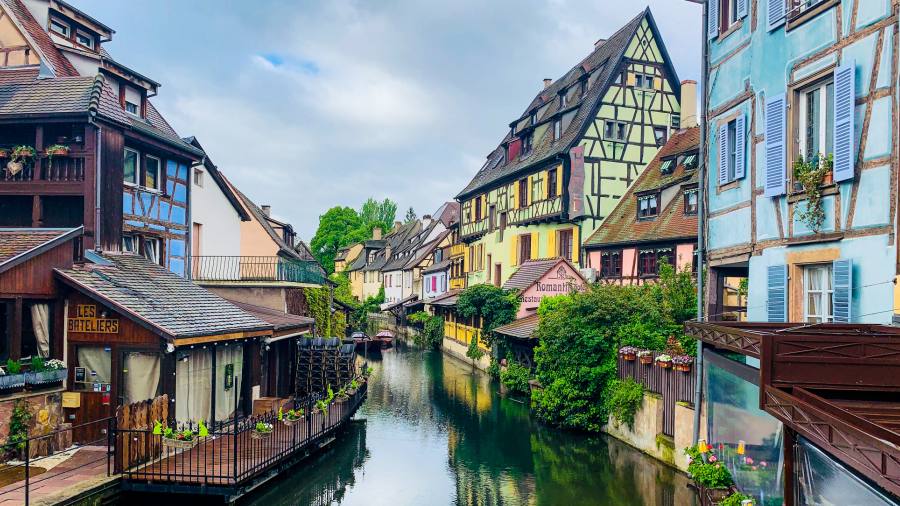


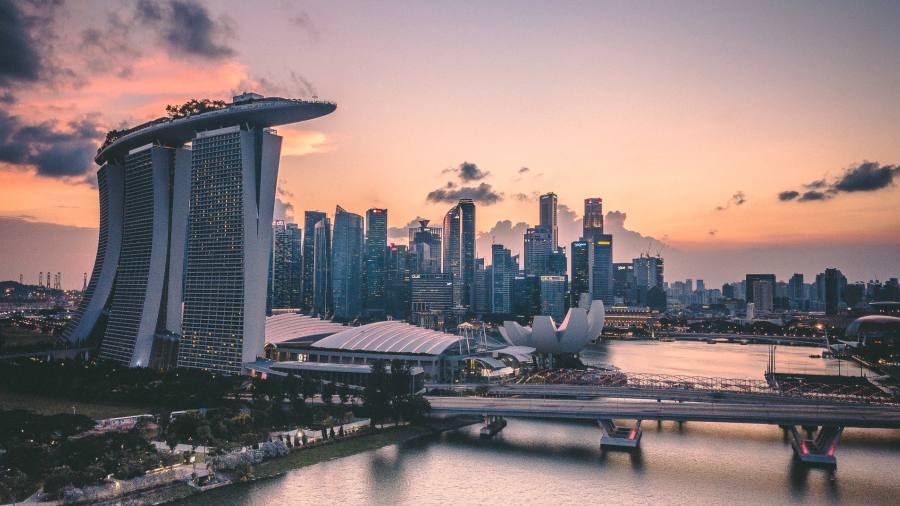
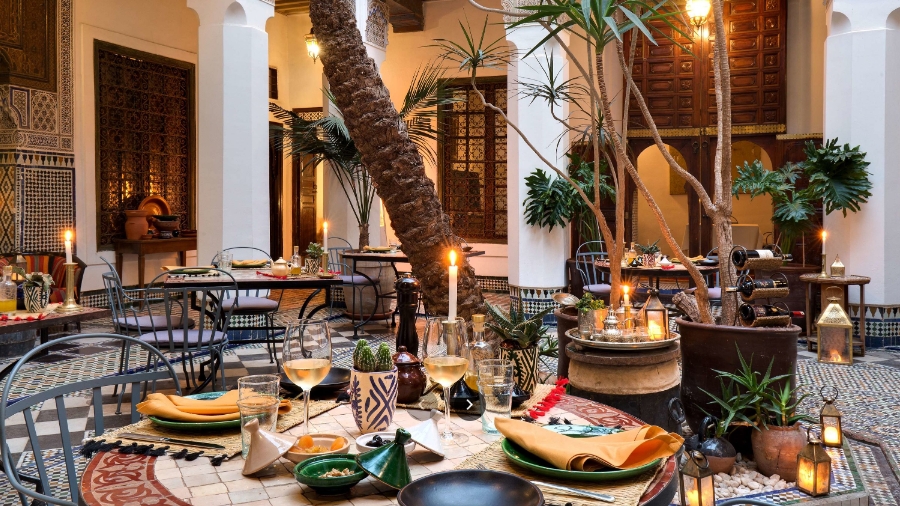
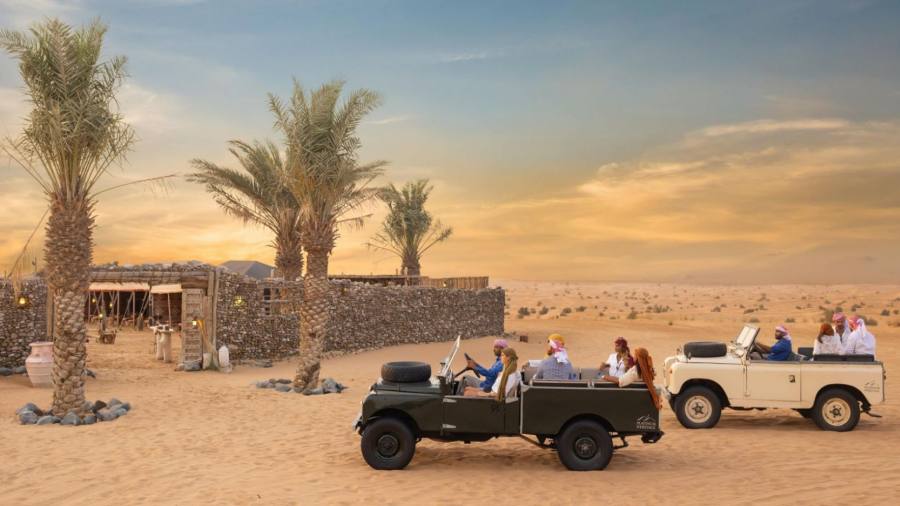


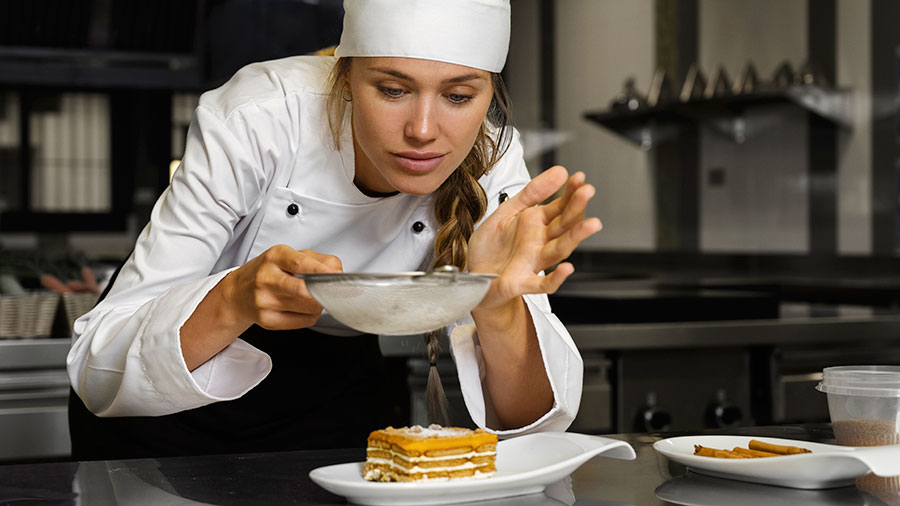
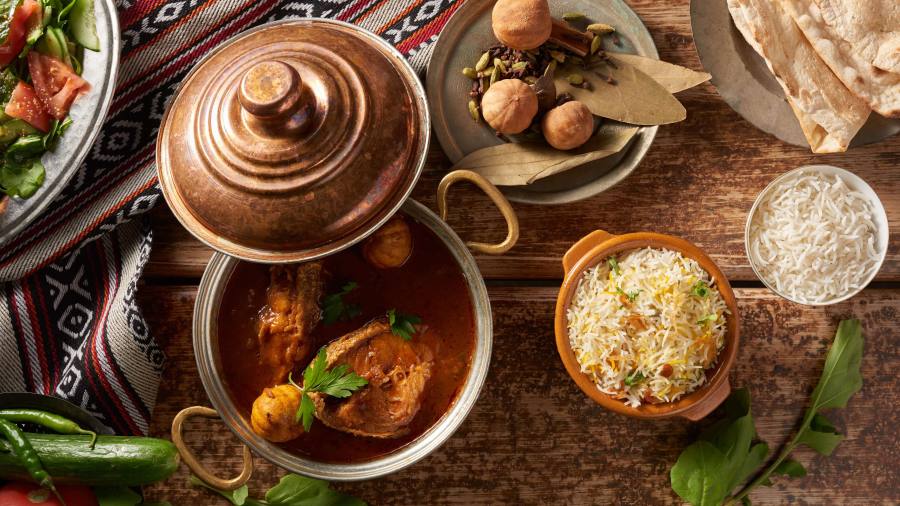

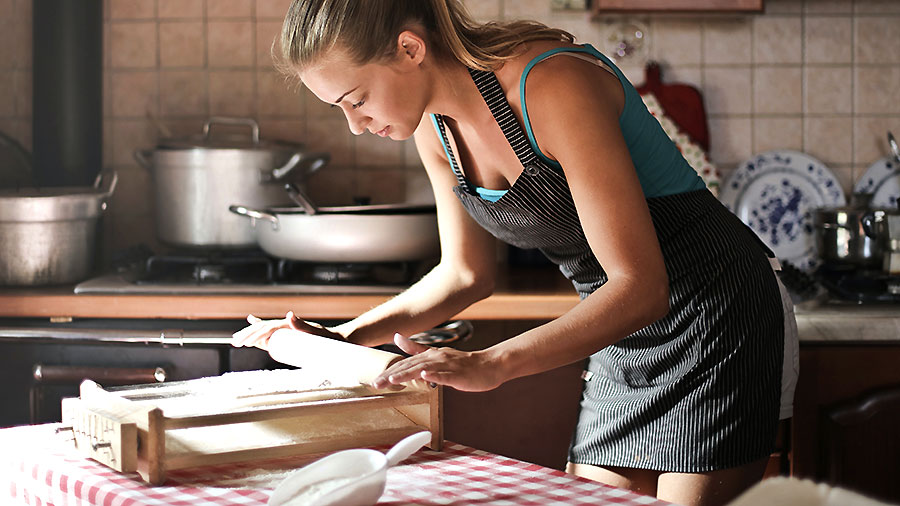
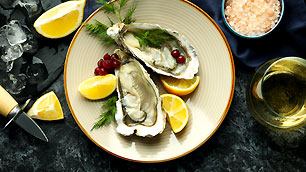 Must Try Foods
Must Try Foods
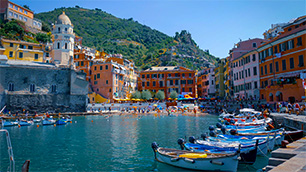 Gastronomy Cities
Gastronomy Cities
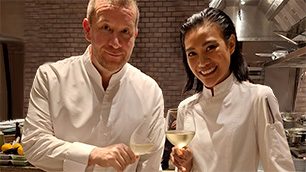 Chef's Talk
Chef's Talk